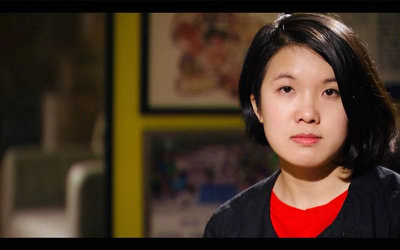These interviews, conducted in the early 2000s, reflect the scope and complexity of the contemporary Chinese women’s movement. The interviewees were born between the late 1930s and the early 1960s, and they discuss a broad range of topics, including China’s transformation from a socialist state economy to a capitalist market economy, the history of state feminism, the rise of women’s studies as a discipline, negotiating the relationships with NGOs and the United Nations. They also touch on social issues such as domestic violence, women’s legal rights, and rural development. The interviews illustrate the multi-dimensional development of feminist practices in China. For the thematic film, a useful introduction that provides some context for women’s activism and scholarship in China, see our thematic video and transcript. The China episode of Contextualizing Feminist Voices, recorded in 2021, provides additional information on the country site.
Original Interviews
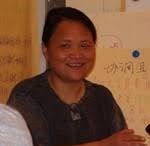
Ai Xiaoming
Ai Xiaoming, born in 1953, is a feminist literary scholar and the co-producer and director of the Chinese version of The Vagina Monologues, one of the activities of the Stop Domestic Violence network. She is Deputy Director of the Women's Studies Center and director of the Sex/Gender Education Forum in Zhongshan University, Guangzhou.
A chapter in Gender Dynamics, Feminist Activism and Social Transformation in China published by Ke Qianting in 2019 discussing the Vagina Monologues in China can be found here.
Keywords: feminist conferences, media, academia and women's studies, education, gender-based violence, politics and the law, reform of domestic/family roles
Media: Transcript (English, Mandarin), Video (English, Mandarin), Bibliography, YouTube Video (Mandarin, English Dubbed), Name Pronunciation Audio
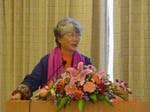
Chen Mingxia
Chen Mingxia, born in 1948, is a researcher at the Institute for Legal Research of the China Academy of Social Sciences, and was one of the leaders who initiated an anti-domestic violence project that developed into the first large scale women's NGO in China, Stop Domestic Violence. She headed this first national women's network.
Keywords: feminist conferences, education, gender-based violence, reform of domestic/family roles
Media: Transcript (English, Mandarin), Video (English, Mandarin), Bibliography, YouTube Video (Mandarin, English Dubbed), Name Pronunciation Audio
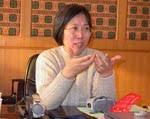
Gao Xiaoxian
Gao Xiaoxian, born in 1948, is Secretary General of the Shaanxi Research Association for Women and Family. Working as an official in the Shaanxi Provincial Women's Federation, Gao has been a pivotal figure in establishing this influential non-governmental women's organization, and has also been involved in rural development projects.
Keywords: feminist conferences, gender and health, academia and women's studies, education, rural women and land reform
Media: Transcript (English, Mandarin), Video (English, Mandarin), Bibliography, YouTube Video (Mandarin, English Dubbed), Name Pronunciation Audio
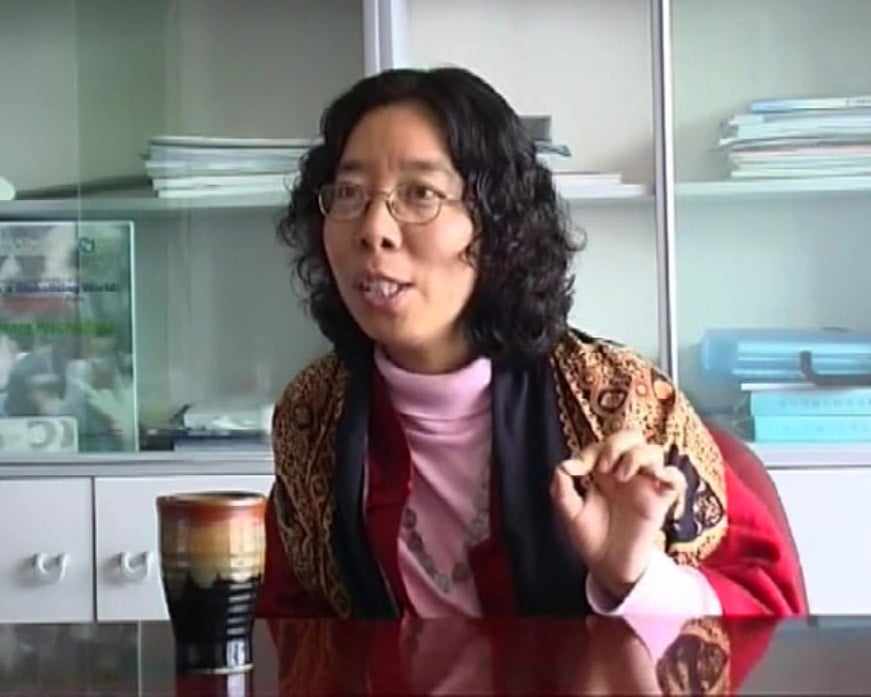
Ge Youli
Ge Youli, born in 1962, is the China Country Director for the Global Alliance for Workers and Communities in Guangzhou. She has worked at the Ford Foundation and at the United Nations Development Program in Beijing, becoming involved in many feminist projects in China.
Keywords: feminist conferences, gender-based violence, politics and the law, reform of domestic/family roles
Media: Transcript (English, Mandarin), Video (English, Mandarin), Bibliography, YouTube Video (Mandarin, English Dubbed), Name Pronunciation Audio

He Zhonghua
He Zhonghua, born in 1937, is a professor of literature from the Naxi ethnic minority. She established a women's studies center in the Academy of Social Sciences and a minority women research center in Yunnan. She has worked on many projects ranging from improving ethnic minority women's health to empowering women to participate in rural development.
Keywords: feminist conferences, environment, academia and women's studies, education, intersectionality, rural women and land reform
Media: Transcript (English, Mandarin), Video (English, Mandarin), Bibliography, YouTube Video (Mandarin, English Dubbed), Name Pronunciation Audio

Li Huiying
Li Huiying, born in 1957, is Professor of Sociology and assistant Director of the Women Research Center of the Central Party School, providing training for senior level Chinese Communist Party officials. She has succeeded in incorporating courses on gender studies in the official curriculum and runs feminist workshops for faculty nationwide.
Keywords: feminist conferences, academia and women's studies, education, politics and the law, reform of domestic/family roles, rural women and land reform
Media: Transcript (English, Mandarin), Video (English, Mandarin), Bibliography, YouTube Video (Mandarin, English Dubbed), Name Pronunciation Audio
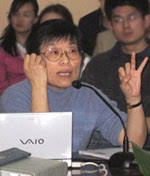
Liu Bohong
Liu Bohong, born in 1951, is Deputy Director of the Institute of Research on Women of the All-China Women's Federation, circulating feminism and promoting gender-awareness in the Chinese government system, notably formulating national programs that implement the 1995 UN Platform for Action.
Keywords: academia and women's studies, education, gender-based violence, politics and the law, reproductive rights, rural women and land reform
Media: Transcript (English, Mandarin), Video (English, Mandarin), Bibliography, YouTube Video (Mandarin, English Dubbed), Name Pronunciation Audio
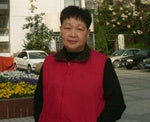
Wang Cuiyu
Wang Cuiyu, born in 1935, was the executive secretary of the Shanghai Association of Women's Studies, affiliated with the Shanghai Women's Federation. She played a leading role in a national organization for women's career development and set up a women's school in Shanghai to provide vocational training for laid-off women.
Keywords: feminist conferences, politics and the law, reform of domestic/family roles, rural women and land reform
Media: Transcript (English, Mandarin), Video (English, Mandarin), YouTube Video (Mandarin, English Dubbed), Name Pronunciation Audio
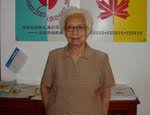
Wang Xingjuan
Wang Xingjuan, born in 1931, was an editor at the Beijing Publishing House and started the first women's domestic violence hot line in China. This became the Maple Women's Counseling Center, one of the earliest women's NGOs in China. At the last contact, she was serving as the director.
Keywords: feminist conferences, gender and health, gender-based violence, politics and the law
Media: Transcript (English, Mandarin), Video (English, Mandarin), Bibliography, YouTube Video (Mandarin, English Dubbed), Name Pronunciation Audio
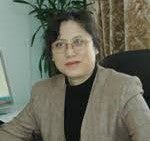
Zhang Li Xi
Zhang Li Xi, born in 1953, is President of the China Women's University, affiliated with the All-China Women's Federation. Under her leadership, the CWU created the first Women's Studies Department in China, and the first Women's Studies major.
Keywords: feminist conferences, academia and women's studies, gender-based violence, intersectionality, politics and the law, rural women and land reform
Media: Transcript (English, Mandarin),Video (English, Mandarin), Bibliography, YouTube Video (Mandarin, English Dubbed), Name Pronunciation Audio
2019 Interviews
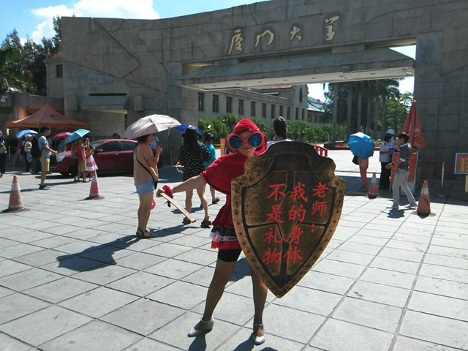
Duan Jiling
Duan Jiling was born in 1984 in Hubei, China. She holds an MA in Linguistics and Applied Linguistics from Xiamen University, and two BAs in Chinese and English Language and Literature from Huazhong University of Science & Technology. Duan is currently a Ph.D. candidate in Gender Studies at Indiana University Bloomington. Her research interests include transnational feminisms, feminist politics, and gender and media. Before coming to study in the US, she worked for an NGO serving women migrant workers in the south of China, and a women's media in Beijing as a senior editor and journalist, and has been participating in both the feminist and labor activism communities in China.
Keywords: academia and women's studies, intersectionality, community activism, media
Media: Transcript (English, Mandarin), Video, YouTube Video (Mandarin, English Subtitles)
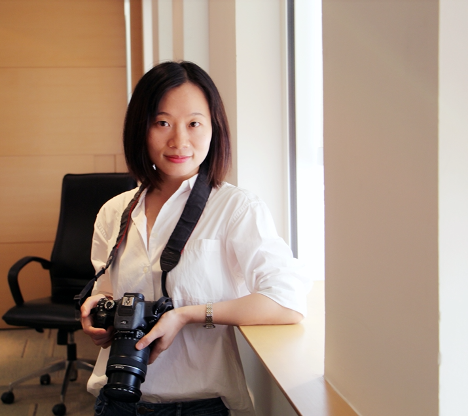
Xueqin (Sophia) Huang
Xueqin (Sophia) Huang was born in 1988 in Shaoguang, Gangdong province. She graduated from Jinan University. She used to work as a journalist for a national news agency and progressive newspaper. She is freelancing now, writing for Southern Metropolis Weekly, The Livings, The Initium Media and NGOCN. Her reporting focuses on democracy development, civil society and the rights of disadvantaged groups in China. She published a report on workplace sexual harassment of Chinese female journalists in 2017, which ignited and promoted #Metoo movement in China. She is dedicated to women's rights and advocacy for anti-sexual harassment law. In 2019 she was jailed for several months for her reporting on Hong Kong's pro-democracy movement. Read more about Xueqin (Sophia) Huang and her activism in the face of political repression here.
Keywords: gender-based violence, media, politics and the law, community activism
Media: Transcript (English, Mandarin)

Ke Qianting
Media: Transcript (English, Mandarin), YouTube Video (Mandarin, English Subtitles)
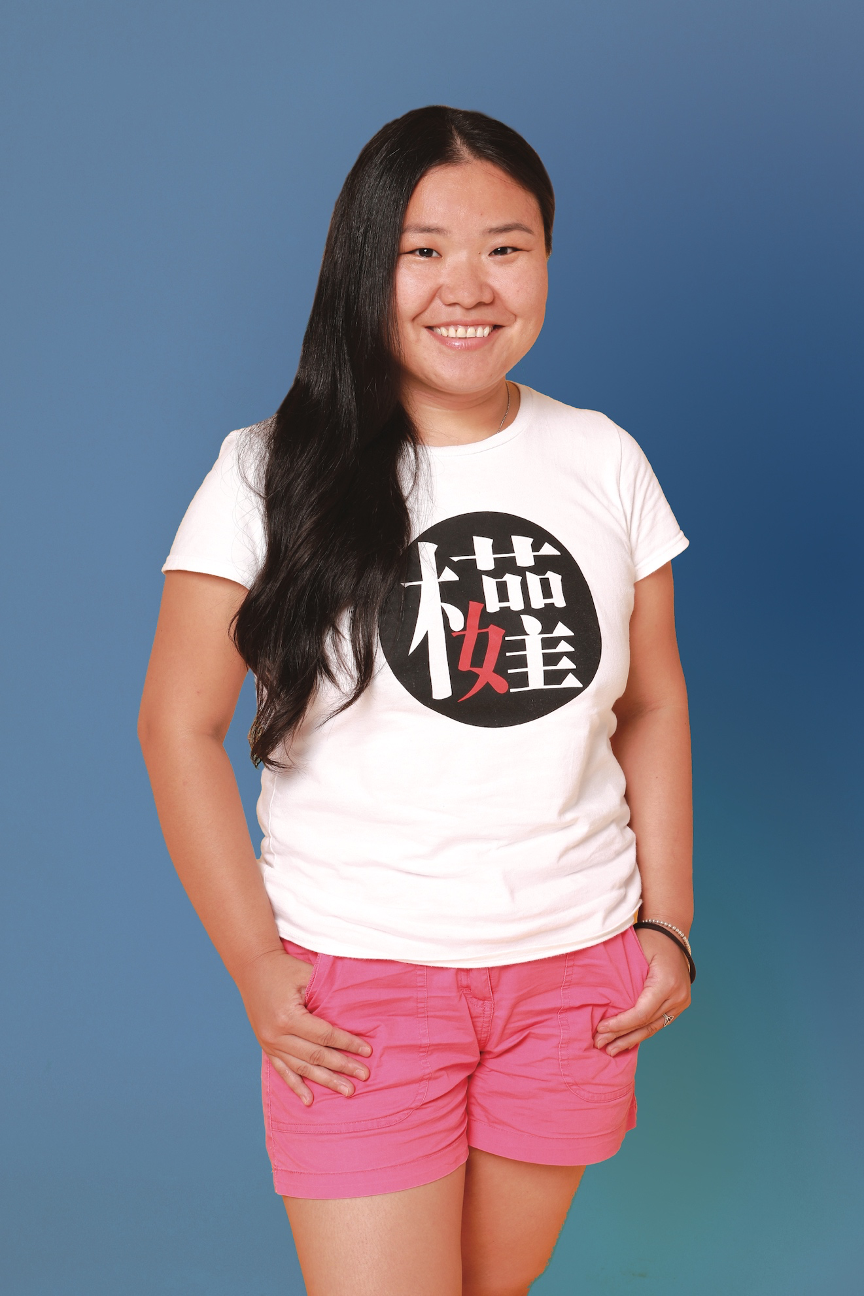
Sanshan (Joy) Lin
In April 1987, Sanshan Lin (Joy Lin) was born in a small village in Yongji County Jilin Province. After graduating with a bachelor degree in sociology in Northeast Normal University, she went to Shanghai and started her career in executive search industry. In November 2016, she founded 我们与平权 Wequality, a feminist organization dedicated to raising public awareness of gender inequality in China, building community, and empowering members to unite to make gender equality a reality. Through regular WeChat articles and online/offline activities, Wequality continues its advocacy. In 2018, Wequality initiated “Our Stories” project to release interview reports annually with people’s experiences and opinions on different gender issues in China. The one on sexual harassment was released in 2019 while another on gender discrimination in 2020.
Keywords: community activism, education, gender-based violence
Media: Transcript (English, Mandarin)
